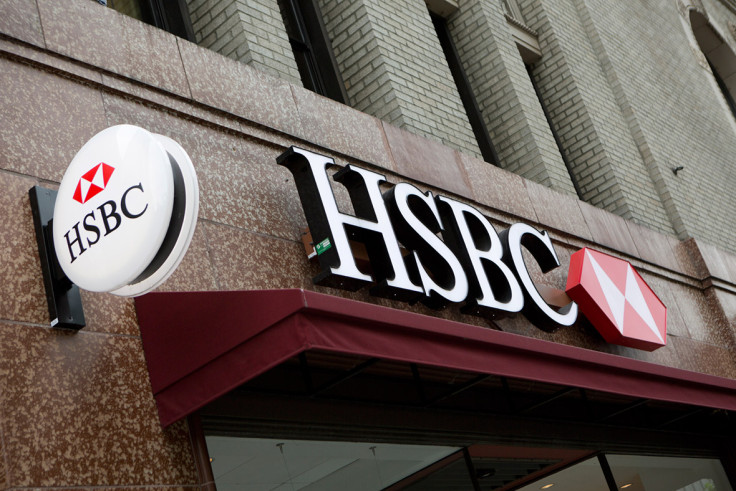HSBC's proposed move to Hong Kong might not cut bank's tax bill

HSBC's proposed move to Hong Kong is unlikely to provide the British lender's tax bill much relief and could in fact end up costing the bank millions of dollars in tax deduction each year.
In 2015, the FTSE 100 group revealed it was considering relocating its headquarters from London to south-east Asia, in a bid to escape London's tighter regulation and higher taxes as well as to increase its presence in the faster-growing Asian markets.
Hong Kong, HSBC's former home, was highlighted as the most likely destination for the bank, given the former British colony offers a corporate tax rate of 16.5%, while Britain's corporate tax rate is set to increase to 26%.
Asian markets' long-term opportunities were also thought to be appealing for HSBC, even though a number of analysts argued a reduction in a British levy on banks' asset bases and subdued growth in Asian markets would weigh against a move to the region.
According to a Reuters report, the company's filings confirmed that the proposed relocation to Hong Kong would offer less tax advantages than it was initially believed, as HSBC would struggle to move enough profit to the city to benefit from its lower tax rate.
Should it move to Hong Kong, the bank could in fact be forced to report more income in Britain, as a number of overhead and borrowing costs currently booked in the UK will be offset against more lightly taxed Hong Kong profits.
Britain, where HSBC relocated in 1993 when it acquired Midland Bank, remains a profitable market for the lender, which reported over $15bn (£10.5bn, €13.9bn) in net interest income and fees in 2014, when it also reported a $69m tax charge.
The relatively modest taxable result is due to the fact that most of the bank's overhead costs, such as top management salaries and central support functions, are booked in Britain and given the bank borrows the majority of its debt via British-registered companies, it is entitled to British tax deductions on bond coupons and other interest costs.
"You're better issuing debt out of a higher tax jurisdiction than a lower tax jurisdiction," Shore Capital's analyst Gary Greenwood was quoted as saying by Reuters.
Furthermore, should the bank move to Hong Kong, it would be in danger of losing tax deductions on top executives' pay that are available in the UK where, following pressure from investors and regulators, banks are increasingly paying their senior executives' bonuses in shares.
Even though newly-issued shares paid to employees do not represent a cost to the company, under British laws companies are entitled to a tax deduction, which is not available in Hong Kong.
As a result, HSBC would be forced to move more UK profit than costs to Hong Kong in the coming years, or else it could face a more expensive tax bill. However, that could prove incredibly complicated given the lender's average annual British tax bill over the last three years stands at $100m and suggests an annual taxable profit, based on prevailing tax rates, of approximately $440m.
© Copyright IBTimes 2025. All rights reserved.






















